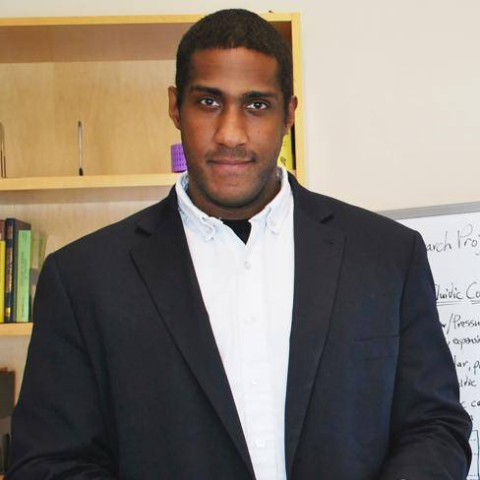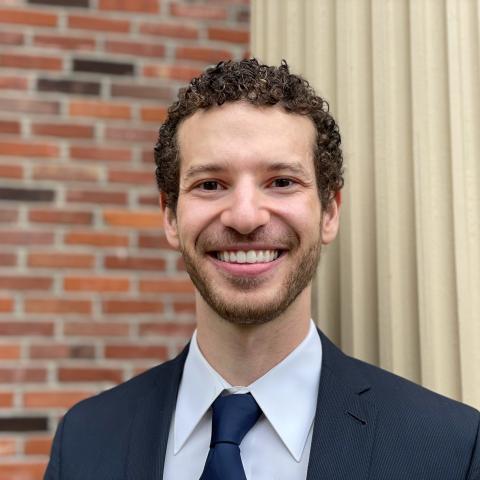Frank Hammond III

Frank L. Hammond III joined George W. Woodruff George W. Woodruff School of Mechanical Engineering in April 2015. Prior to this appointment, he was a postdoctoral research affiliate and instructor in the Department of Mechanical Engineering at MIT and a Ford postdoctoral research fellow at the Harvard School of Engineering and Applied Sciences. He received his Ph.D. in 2010 from Carnegie Mellon University.
Hammond's research focuses on the design and control of adaptive robotic manipulation (ARM) systems. This class of devices exemplified by kinematic structures, actuation topologies, and sensing and control strategies that make them particularly well-suited to operating in unstructured, dynamically varying environments - specifically those involving cooperative interactions with humans. The ARM device design process uses an amalgamation of bioinspiration, computational modeling and optimization, and advanced rapid prototyping techniques to generate manipulation solutions which are functionally robust and versatile, but which may take completely non-biomorphic (xenomorphic) forms. This design process removes human intuition from the design loop and, instead, leverages computational methods to map salient characteristics of biological manipulation and perception onto a vast robotics design space. Areas of interest for ARM research include kinematically redundant industrial manipulation, wearable robotic devices for human augmentation, haptic-enabled teleoperative robotic microsurgery, and autonomous soft robotic platforms.



